










NEW WAYS OF WORKING IN A POST-COVID ENVIRONMENT




















This initiative is brought forth by the Economic Leadership Council (ELC) of Texas Women’s Foundation, an exclusive assembly of philanthropic leaders and C-suite executives spanning diverse industries. Their collective aim is to propel the advancement of women executives to new heights within their companies, industries, and communities. The project evaluates the impact of COVID on the professional and work landscape, drawing on insights from a survey and focus group conducted July 2023
“As we continue to grapple with the impact COVID has made in the workplace, our goal is for this study to provide insights and recommendations to build and grow inclusive work cultures that are both highly productive and welcoming.”
Hunter Johnson- September 2023 by council members and their networks across various sectors. Through these interactions, the compilation delves into the pandemic’s effects on virtual work, leadership dynamics, and role expectations in the workplace. Additionally, in-depth discussions explore adaptations in a multigenerational work setting. The outcome includes valuable recommendations aimed at guiding us toward a better future in the workplace, fostering collaborative efforts for progress.
“We are grateful for the ladies of the Economic Leadership Council for their collaboration on this project that will help create more inclusive environments for all to be successful and thrive.”
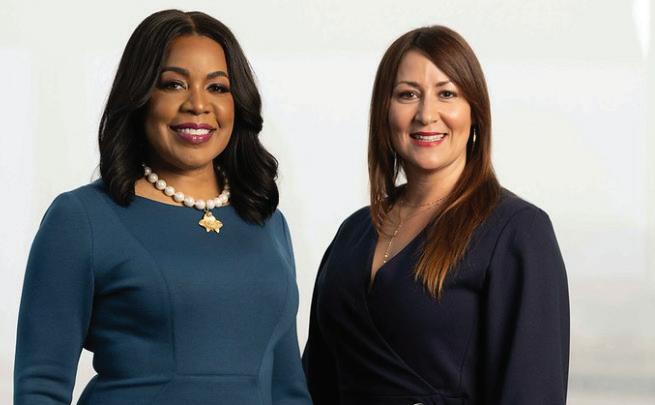
In a comprehensive examination of sectors within the ELC and their network, a prevalent trend emerges: the adoption of hybrid working models aimed at striking a balance post-COVID. Many industries have embraced a flexible approach, with employees working in-person for 2-3 days a week. The days spent in the office are strategically utilized to enhance collaboration through team meetings and cross-team projects, fostering a more cohesive workstyle.
Survey results indicate that leadership roles tend to gravitate towards more in-person, irrespective of the hybrid schedule. This is seen as a means to establish accountability, with team leads setting an example for others. Colleagues may perceive a correlation between leadership and increased in-office commitment.
Beyond leadership, the survey reveals that the choice between in-person and hybrid work depends on roles and positions within the company. Externalfacing positions, such as sales and service roles, necessitate more in-person interactions to engage with customers. Conversely, administrative, IT, and accounting positions demonstrate effectiveness in remote work.
“To reach a senior level, you need to be where the business is.”
Laura Maxwell, Frito Lay


PROFESSIONAL SECTOR INSIGHTS:
Within the professional sector, there is a general inclination towards a hybrid workstyle, with employees typically attending the office at least two days a week. Expectations vary based on the role and position, with leadership often choosing in-person work. Client-based sectors, within the professional realm, exhibit flexibility based on client needs, resulting in external meetings and remote work between appointments.
Service-based industries, including healthcare, media, automotive, real estate, and airlines, demand varying levels of in-person work. Customer- and client-facing roles invariably involve in-person work, while administrative and supportive positions demonstrate flexibility based on client needs. For instance, in healthcare, clinical and front-line staff work in-person full-time, while administrative staff may have the option to work from home.
BANKING SECTOR DYNAMICS:
The banking industry, driven by service demands, requires a substantial in-person presence, with employees typically working at least three days in office. Given the high-demand nature, stringent monitoring systems, such as badge swipes and computer log-ins, are in place. Leadership is expected to set an example by prioritizing in-person work. Certain roles, like customer service agents, offer full-time workfrom-home options, primarily for customer interaction.
CORPORATE RETAIL:
Similar to the professional sector, the corporate retail industry implements a hybrid work style where employees are in office three days a week. Determination of work-fromhome days is often company-wide, reflecting the client- and servicecentric nature of the industry. Certain departments or roles may be fully remote, such as IT.
What is your firm’s expectations of employees being in the office or onsite in person with clients?
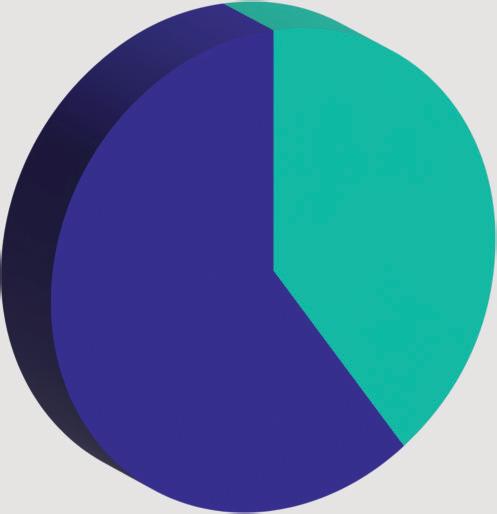
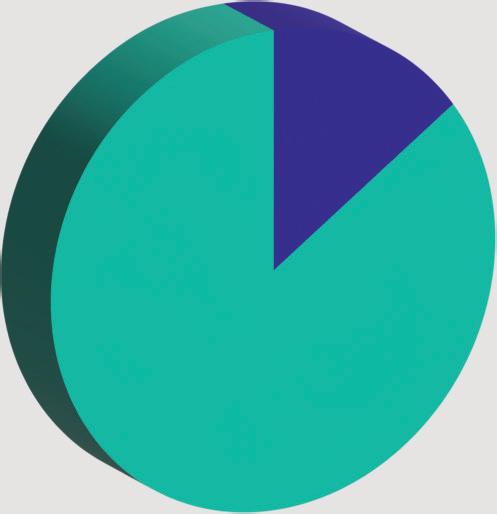
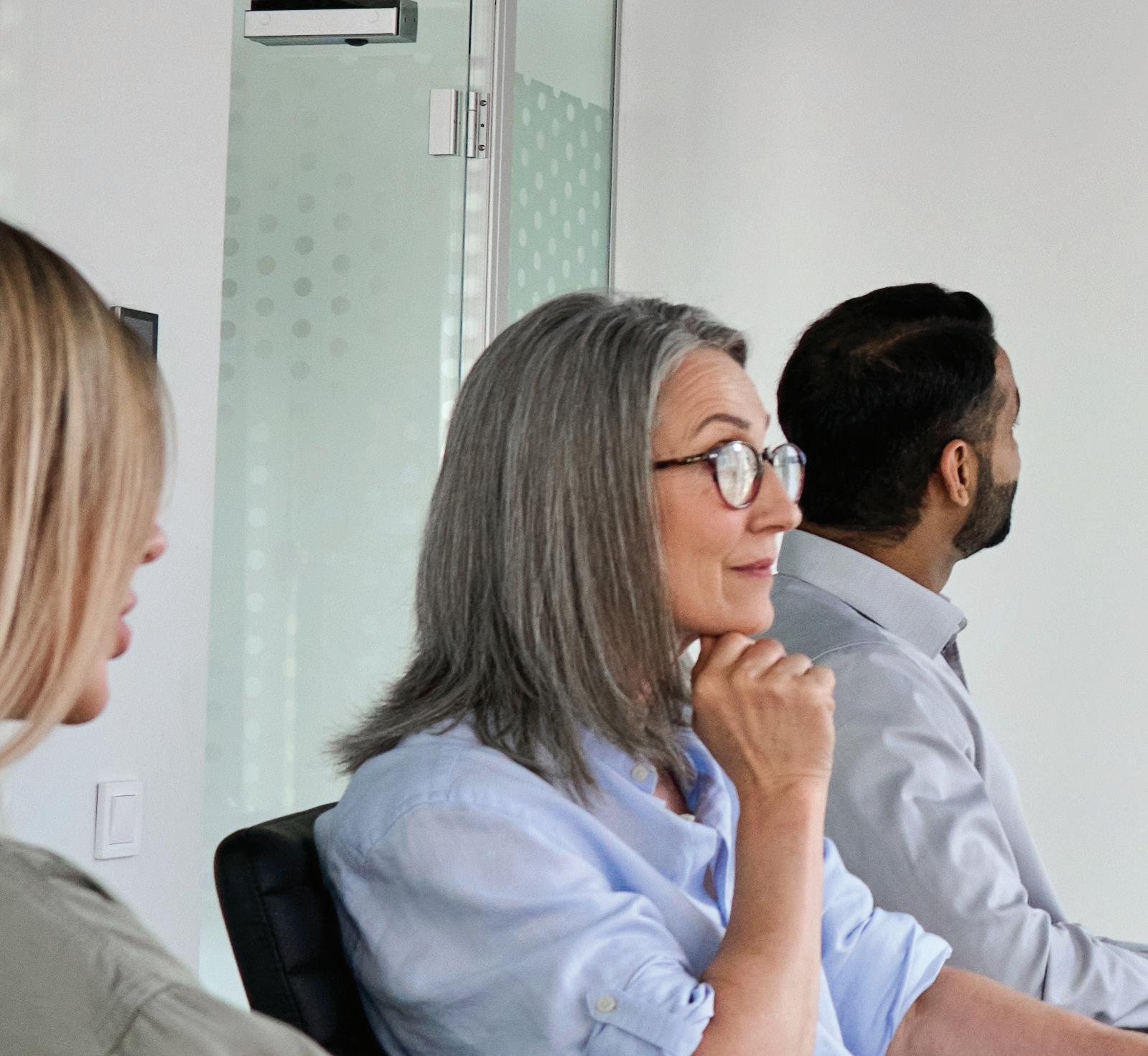
The onset of the pandemic triggered rapid changes in working dynamics, compelling employers to make quick decisions on communication methods at both broad and team-specific levels. Navigating these shifts required agility as organizations grappled with evolving circumstances.
As the situation progressed towards a semblance of stability and a return to the workplace was deemed “safe,” organizations confronted the task of defining the new normal for their workforce. After nearly two years of unconventional work arrangements, employers had to carefully consider the post-pandemic work landscape.
With decisions made, transparent and open communication became paramount. This communication extended to both leadership and employees,
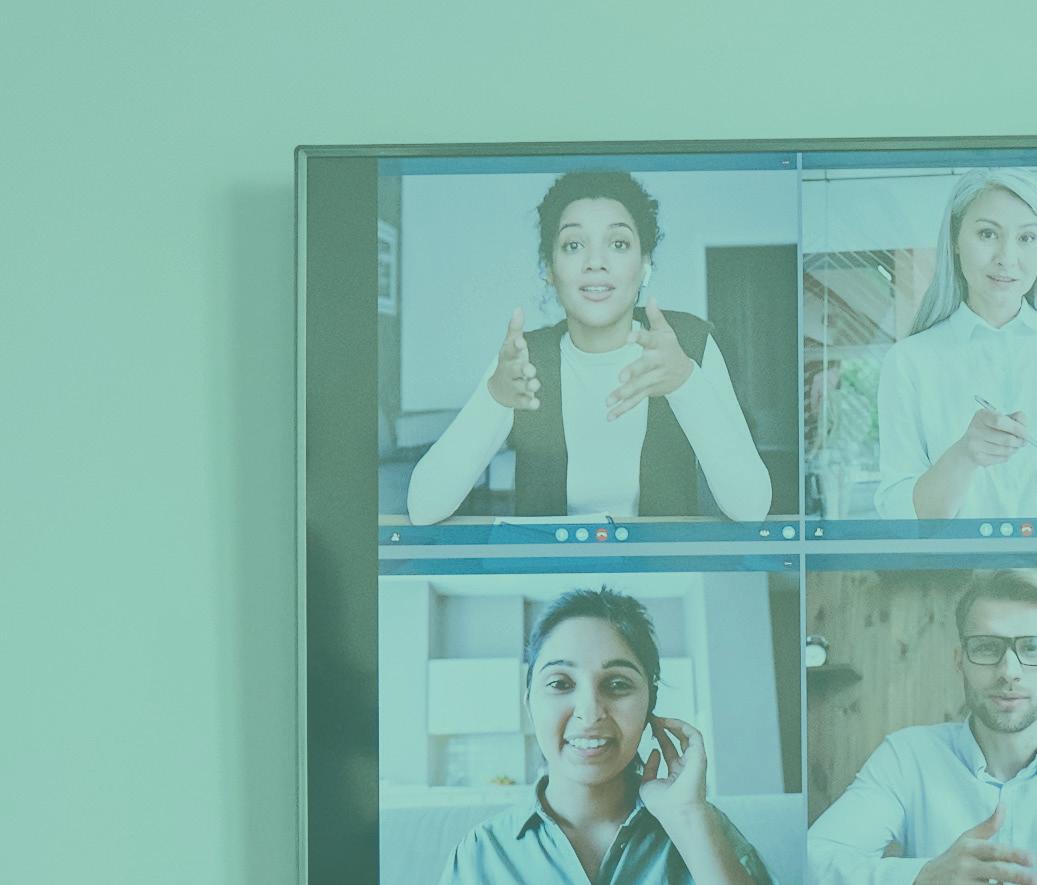



“People want and need had to adapt to recruit Ellenore Baker,

outlining revised workplace policies, procedures, and expectations. The effectiveness of conveying this information was crucial, requiring thoughtful consideration of the method used to deliver these messages.
Industries within the contributor group grappled with unique challenges in navigating this transition. The diversity of sectors represented brought forth varied considerations, reflecting the distinctive nature of each industry’s work environment and demands.
As organizations worked to establish a new equilibrium in the wake of the pandemic, the experiences of the past years underscored the importance of adaptable communication strategies. The journey towards the future of work required thoughtful planning, clear messaging, and an understanding of the nuanced needs within each sector represented by ELC.
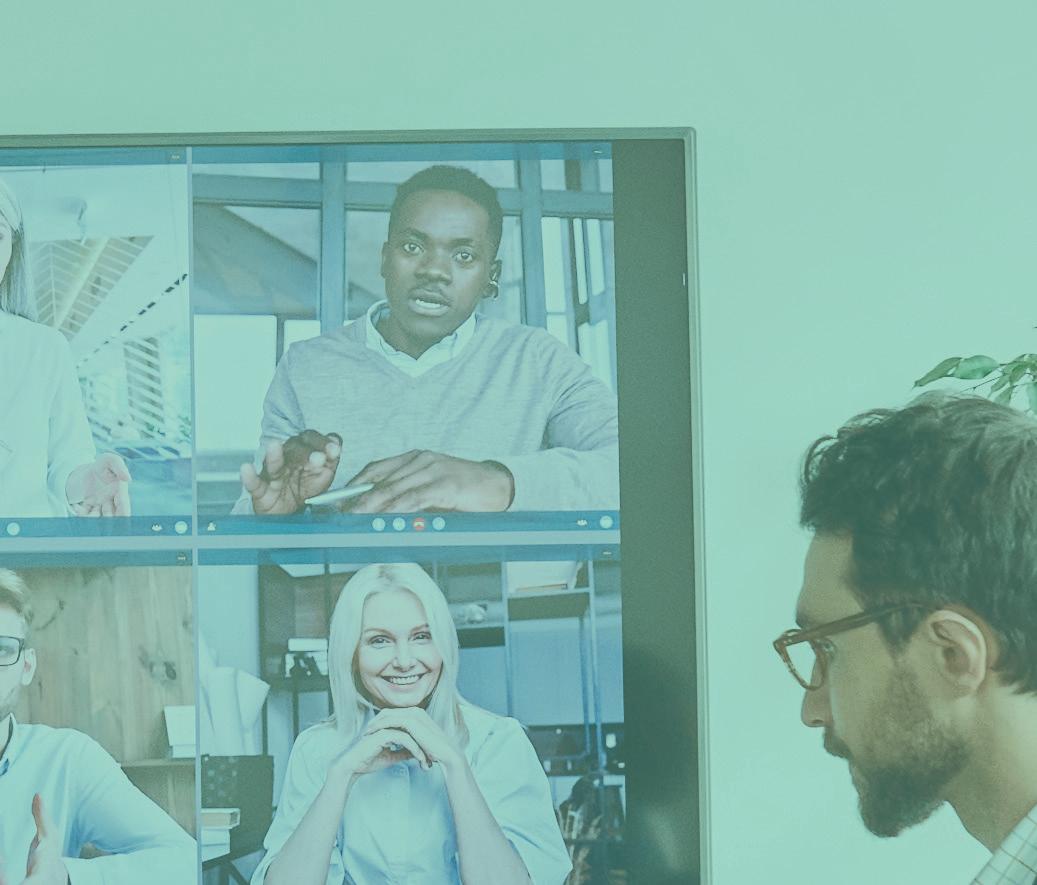

need flexibility. We recruit the right talent.”



How does your firm articulate
*Responses are not mutually exclusive and various respondents indicated workplace expectations are articulated by more than one means.









Beyond the survey, the ELC convened to delve into the survey results and engage in meaningful discussions about the valuable insights gained during the pandemic. The collective reflections centered on distilling key learnings to construct an enhanced working environment. The discussions underscored the significance of factors such as work-life balance, fostering more diverse workplaces, and navigating collaboration across multiple generations. The exchange of ideas and thoughts proved to be insightful, contributing to a shared understanding of the evolving dynamics of the workplace. These dialogues not only shed light on the challenges faced but also illuminated opportunities for positive change.


















Fostering a culture of belonging and engagement within the workplace is paramount for organizational success, driven by the understanding that a positive and inclusive culture not only enhances employee satisfaction but is a key driver of retention. Recognizing and valuing diversity, equity, and inclusivity (DEI) is at the core of building such a culture. Establishing and maintaining dedicated DEI departments within organizations plays a pivotal role in creating an environment where every employee feels heard, respected, and included. These departments are instrumental in developing policies, initiatives, and awareness programs that champion diversity, foster equity, and promote inclusivity. By actively embracing and celebrating differences, organizations can cultivate a sense of belonging among their workforce, unlocking the full potential of each individual and contributing to a workplace culture that thrives on collective engagement and mutual respect.
Facilitate Productive Hybrid Relationships: Balancing the dynamics between hybrid and inperson workers requires intentional efforts to bridge the physical and virtual divide. Encouraging regular communication, organizing inclusive events, and implementing collaborative technologies can strengthen relationships and productivity among team members, regardless of their work location.



“Young people want to be in-person for mentorship. They’ve noticed a decline in skills-building.”
Terry Stone, Oliver Wyman
Maximize Collaboration with In-Person Work:
Recognizing that in-person work fosters increased collaboration, brainstorming, and engagement is essential. Encouraging face-to-face interactions for specific tasks, team-building activities, and creative sessions can enhance the collaborative spirit that comes with working in close proximity.
Equitable Recognition for Remote Workers:
Valuing the contributions of at-home workers on par with in-person employees is critical to avoiding any perception of “manager preference.” Ensuring that remote employees receive equal opportunities for recognition, career development, and advancement reinforces a culture of fairness and inclusion.
Acknowledge Market Competitiveness and Employee Retention: Acknowledging the market competitiveness in offering flexibility is key for retaining employees. Organizations should consider flexible work arrangements as a strategic advantage, emphasizing it in their talent acquisition and retention strategies.
Understand Cost Implications and Employee Flexibility: Understanding the cost implications and potential lack of flexibility for employees returning to the office is crucial. Employers should be mindful of the financial and personal considerations of their workforce, striving to accommodate diverse needs and preferences.
Enhance Value for Virtual Positions: For positions requiring virtual meetings with a global workforce, organizations should invest in advanced virtual collaboration tools, ensuring that remote employees have the necessary resources to participate fully and feel connected despite physical distance.
Create a Valuable In-Office Experience: Making the in-office experience valuable involves intentional meetings, fostering a comfortable and inviting working environment, and providing amenities like gyms and eateries. This creates an attractive workplace that enhances employee satisfaction and well-being.
Foster a Successful Multi-generational workforce:
Fostering a successful multi-generational workforce involves intentional strategies to bridge generational gaps, promote mentorship, and create a balanced and inclusive work environment.
Lead by Example: Experienced workers in leadership play a crucial role in setting the example for younger employees. Demonstrating a commitment to collaboration, ongoing learning, and a positive work ethic helps establish a culture that values experience while embracing new perspectives.
Recognize Diverse Preferences: While assumptions may exist about the younger generation’s preference for remote work, it’s crucial to recognize that many individuals, especially younger employees, value face-to-face interactions with leadership. Offering mentorship and training opportunities in person can provide valuable guidance and support.
Embrace Open Communication: The future workforce tends to value anonymity and is more vocal about their expectations. Fostering open communication channels allows for transparent discussions about individual needs, career aspirations, and concerns, creating a culture of trust and understanding.
Prioritize Work-Life Balance: Recognizing that the younger generation seeks more balance, both personally and professionally, is essential. Implementing flexible work arrangements, promoting mental health initiatives, and acknowledging the importance of work-life balance contribute to a healthier and more engaged workforce.
Create Cross-Functional Roles: To address the desire for skill development and varied experiences, organizations can create more cross-functional roles. These positions encourage employees to develop a diverse skill set, gain exposure to different aspects of the business, and foster collaboration among team members from different generations.


VANESSA SALINAS BECKSTROM PwC Investigation & Forensics Partner
DEBRA HUNTER JOHNSON, ESQ Reciprocity Consulting Group President & CEO

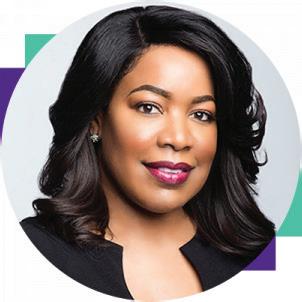
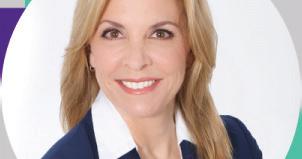
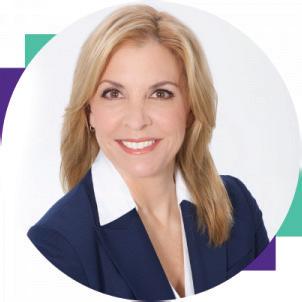
COLLEEN AFFELDT Corient Partner, Head of Leadership Development


SHONN BROWN
Kimberly-Clark Corporation Vice President & Deputy General Counsel


SUMMER COLLINS Blue Cross Blue Shield of Texas Associate Vice President, Design and Innovation
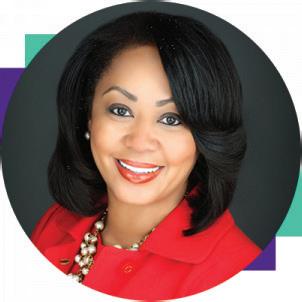

EFFIE DENNISON Texas Capital Bank Executive Vice President, Director of Community Development

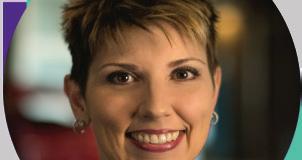
JANA ETHERIDGE Capital One Senior Vice President, Chief of Staff

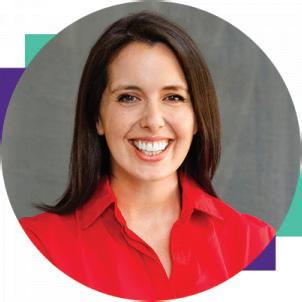
GILLEA ALLISON D Magazine Partners, Inc President
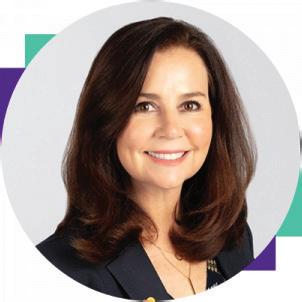

ELIZABETH BRYANT Southwest Airlines Senior Vice President People, Learning and Development
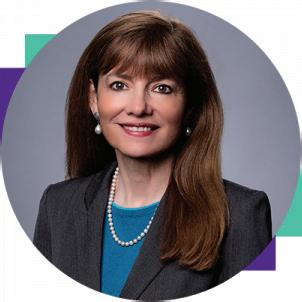
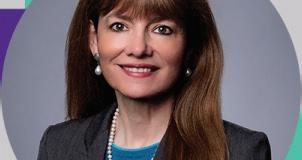
DODEE CROCKETT Merrill Lynch Wealth Advisors Wealth Management Advisor, Managing Director


ELLENORE BAKER Carter Financial Management Vice President
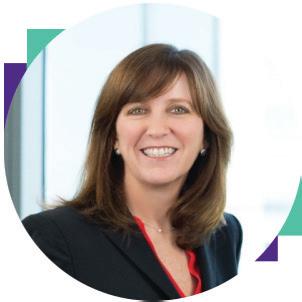
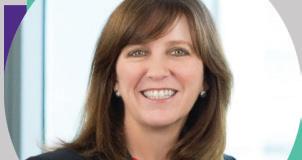
LINDA CASTANEDA EY-Houston Americas Deputy Vice Chair –Consulting
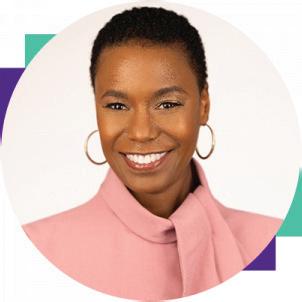

MONICA DAVY Vizient SVP, Chief Culture, Diversity and Impact Officer

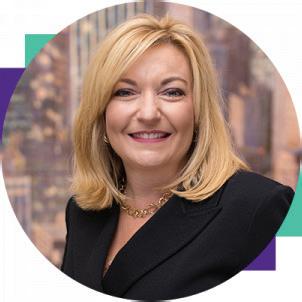
JENNIFER BIRY McAfee, Inc. Executive Vice President and Chief Financial Officer





KARA DEVITA Fossil Group Senior Director – Social Impact


CHRISTINA FLORES American Airlines, Inc. Managing Director, Global Talent and Inclusion & Diversity


STACEY DORE Vistra Corp Chief Strategy & Sustainability Officer, Executive VP of Public Affairs


SAKINA FOSTER Haynes and Boone, LLP Partner
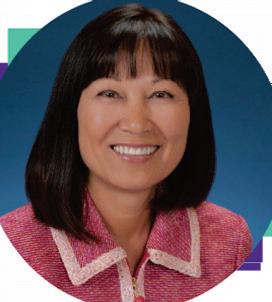


BONNIE CLINTON Toyota North America Vice President & Chief Procurement Officer, Indirect Procurement Shared Services
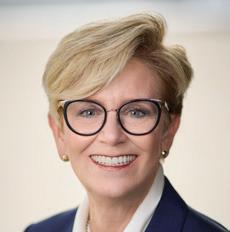
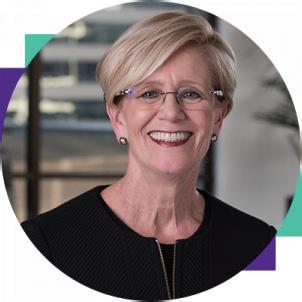
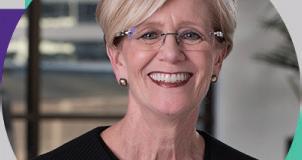
DEBBIE DENNIS Oncor Chief Customer Officer, Senior Vice President & Chief HR Officer
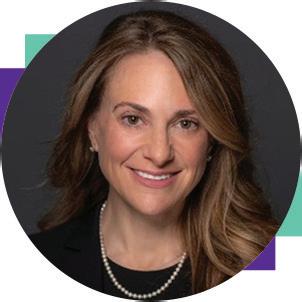
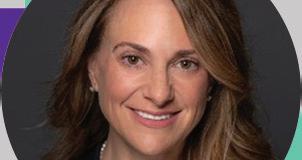
ASHLEY DUFFIE Celanese Corporation Senior Vice President and General Counsel
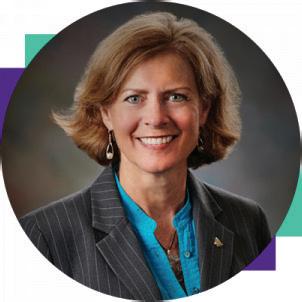
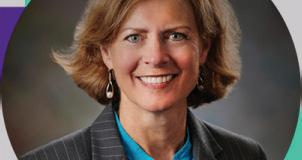
CARLA B. GALE, JD Regions Bank Senior Vice President, Trust Advisor
The Economic Leadership Council is a select peer group of philanthropy leaders and C-level executives from a cross section of industry helping to advance the next level of women executives in their companies, industries and communities.


HILDA GALVAN Jones Day Partner-in-Charge


BROOKE HOPKINS Alvarez & Marsal Managing Director
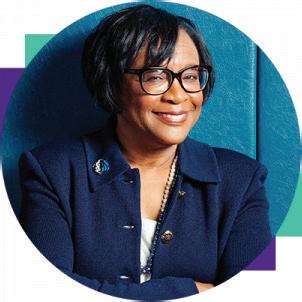
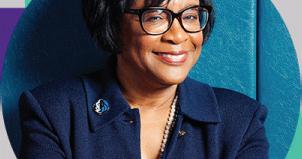
CYNTHIA “CYNT” MARSHALL Dallas Mavericks CEO
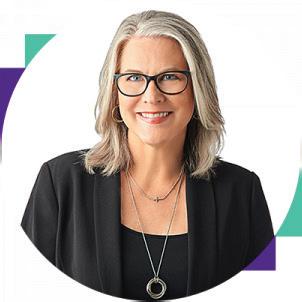

CARRIE FREEMAN PARSONS Freeman Chairman of the Board
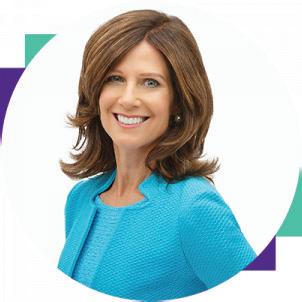

SUSAN SALKA AMN Healthcare President, CEO and Director
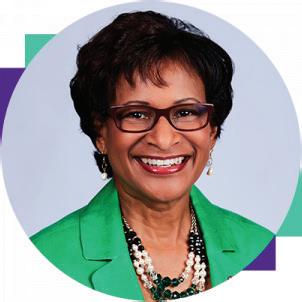
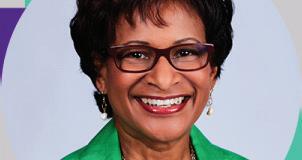
ELLEN TORBERT Southwest Airlines Vice President Diversity and Inclusion (retired)




VANICE HAYES Dell Technologies Inc. Chief Culture, Diversity and Inclusion Officer
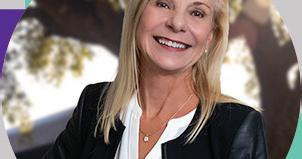
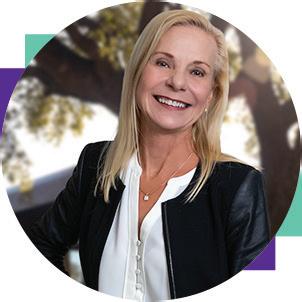
MICHELLE HUDSON Hudson Peters Commercial Principal
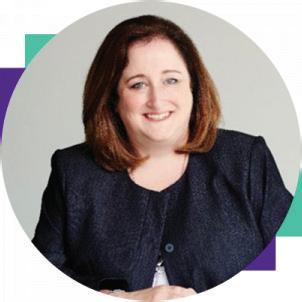

MARTINA MCISAAC MSC Industrial Supply Co. Executive Vice President & Chief Operating Officer
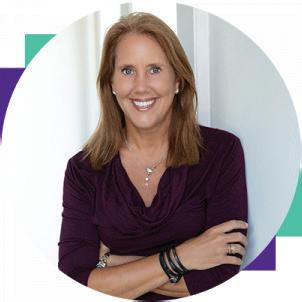

HOLLY REED Ryan, LLC Partner, Advocacy Practice Leader
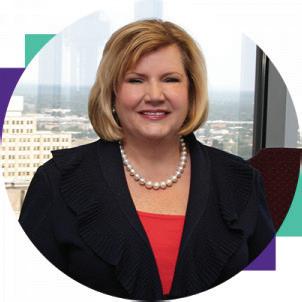
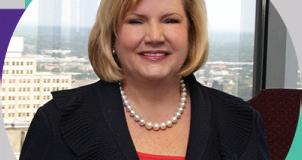
JANICE SHARRY Haynes and Boone, LLP Partner


HOLLY TUCKER Deloitte Partner, Risk & Financial Advisory
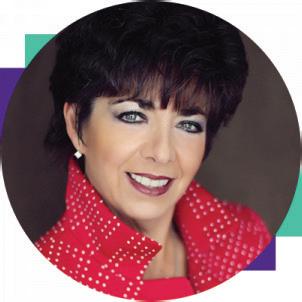

DEBRA VON STORCH Canoo Board Director
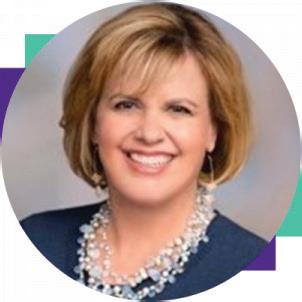
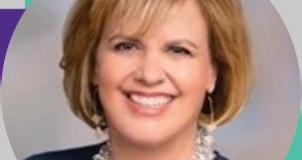
MARY HENDERSON Arcosa, Inc. Chief Accounting Officer
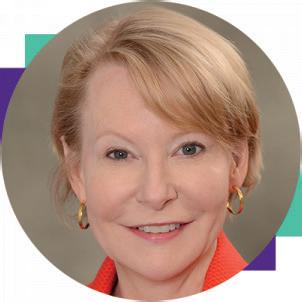

LILLIAN KIRSTEIN 7-Eleven, Inc. Senior Vice President, General Counsel
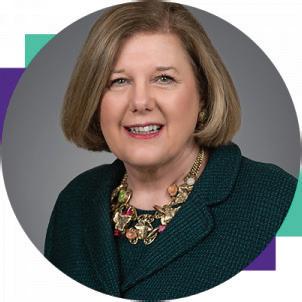
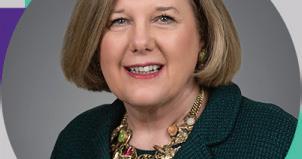
RETTA MILLER Jackson Walker LLP Partner
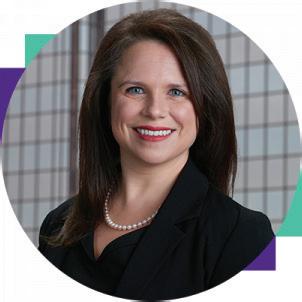
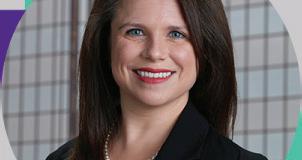
JOANNA RIDGWAY Santander Consumer USA Managing Director and Head of Southwest Region
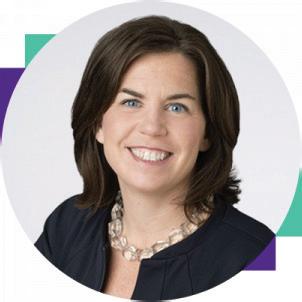

THERESA STONE Oliver Wyman Managing Partner, Americas


NINA VACA Pinnacle Group President & CEO
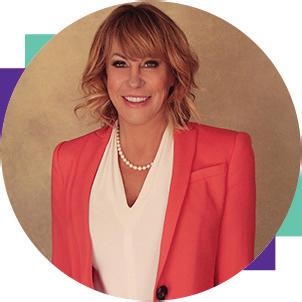

JANELLE WALKER Comerica Bank Wealth Regional Managing Director
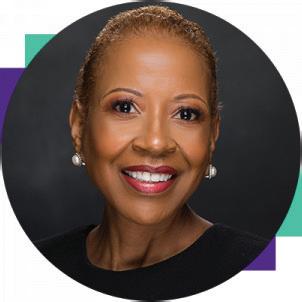
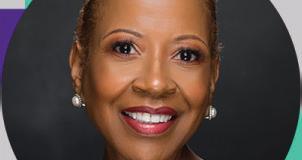
HATTIE HILL Hattie Hill Enterprises President & CEO
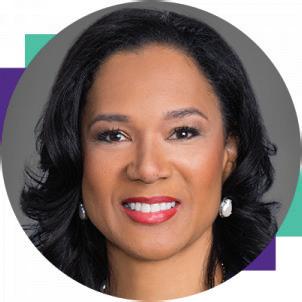
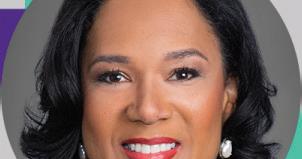
JILL LOUIS Perkins Coie Managing Partner
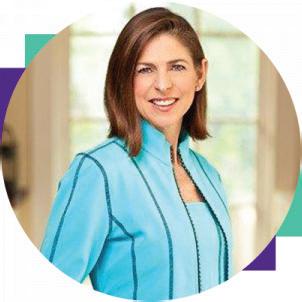
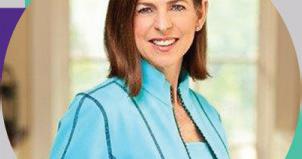
DIANE PADDISON 4word Founder and President
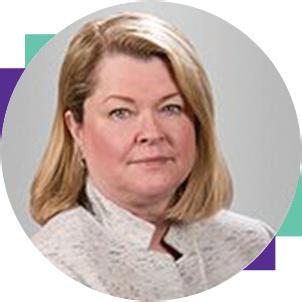

COLLEEN RISK Vizient Chief People Officer
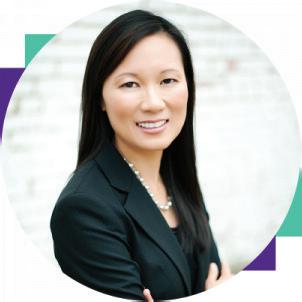
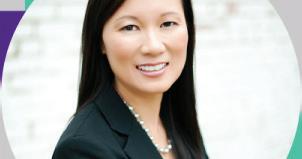
THEAR SUZUKI EY Global Client Service Partner
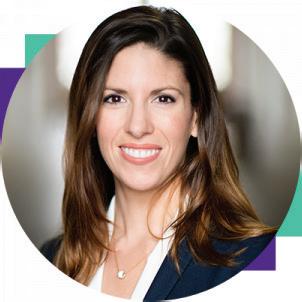

RACHEL VINSON CBRE President, Debt & Structured Finance


